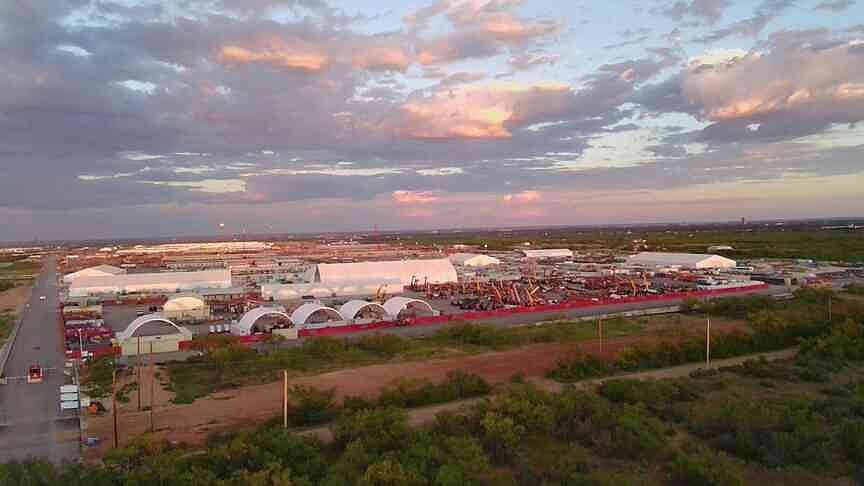
LONDON — Lingering doubts about the economic promise of artificial intelligence technology are starting to get the attention of financial institutions that raised warning flags this week about an AI investment bubble.
Officials at the Bank of England on Wednesday flagged the growing risk that tech stock prices pumped up by the AI boom could burst.
“The risk of a sharp market correction has increased,” the U.K. central bank said.
The head of the International Monetary Fund raised a similar alarm hours after the Bank of England’s report.
Global stock prices have been surging, fired up by “optimism about the productivity-enhancing potential of AI,” IMF Managing Director Kristalina Georgieva said.
But financial conditions could “turn abruptly,” she warned in a speech ahead of the organization’s annual meeting next week in Washington.
Is there an AI bubble?
“Bubbles obviously are never very easy to identify, but we can see there are a few potential symptoms of a bubble in the current situation,” said Adam Slater, lead economist at Oxford Economics.
Those symptoms include rapid growth in tech stock prices, the fact that tech stocks now comprise about 40% of the S&P 500, market valuations that appear “stretched” beyond their worth and “a general sense of extreme optimism in terms of the underlying technology, despite the enormous uncertainties around what this technology might ultimately yield,” Slater said.
The most optimistic projections about the fruits of generative AI products foresee a transformation of the economy, leading to annual productivity gains that Slater says have not been seen since the reconstruction of Europe after World War II. At the lower end, economist Daron Acemoglu of the Massachusetts Institute of Technology has predicted a “nontrivial but modest” U.S. productivity gain of just 0.7% over a decade.
Investors have closely watched a series of intertwined deals over recent months between top AI developers such as OpenAI, maker of ChatGPT, and the companies building the costly computer chips and data centers needed to power these AI products.
OpenAI doesn’t turn a profit but the privately held San Francisco firm is now the world’s most valuable startup, with a market valuation of $500 billion. It recently signed major deals with chipmaker Nvidia, the world’s most valuable publicly traded company, and its rival AMD, and a $300 billion deal with tech giant Oracle for the buildout of future data centers.
The report said stock market valuations are “comparable to the peak” of the 2000 dotcom bubble, which then deflated and led to a recession.